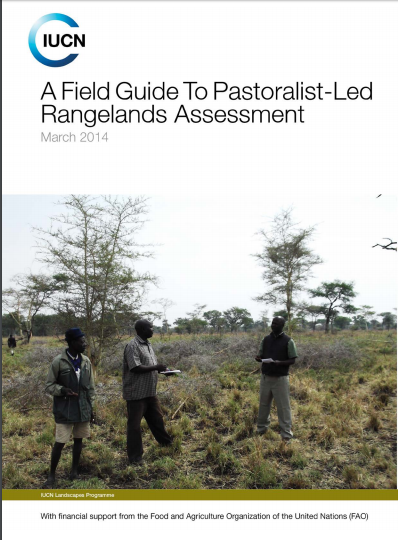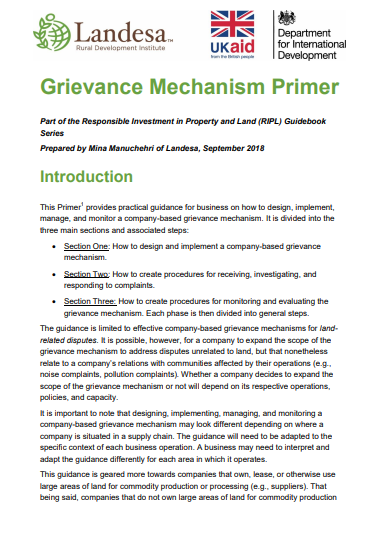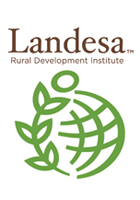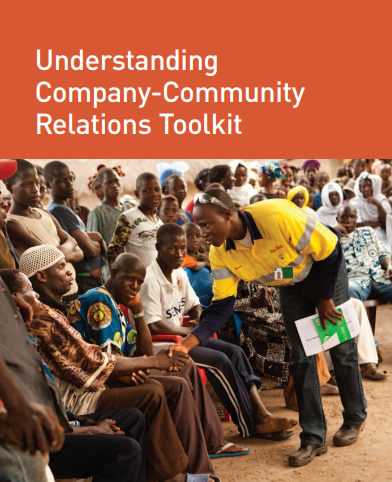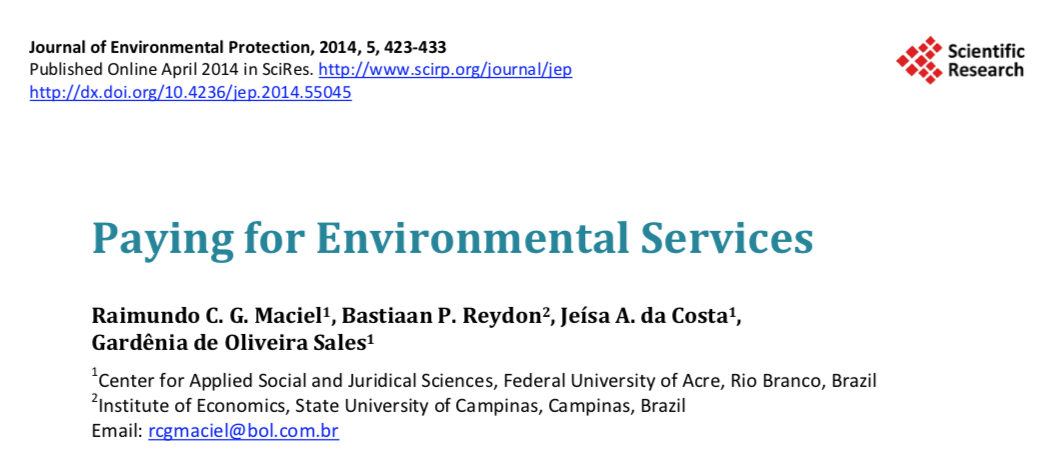Global Expeiences on Expanding Water and Sanitation Services to the Urban Poor : Accompanying Volume
In 2006-07, the Water and Sanitation
Program (WSP) initiated research to identify barriers to
service delivery for the urban poor. The findings of the
research have been presented in the Guidance Notes on
Improving Water Supply and Sanitation Services to the Urban
Poor in India. The Urban Global Practice Team of WSP decided
to expand the ambit of this research to a global context as
the learnings were relevant to experiences across Africa,



